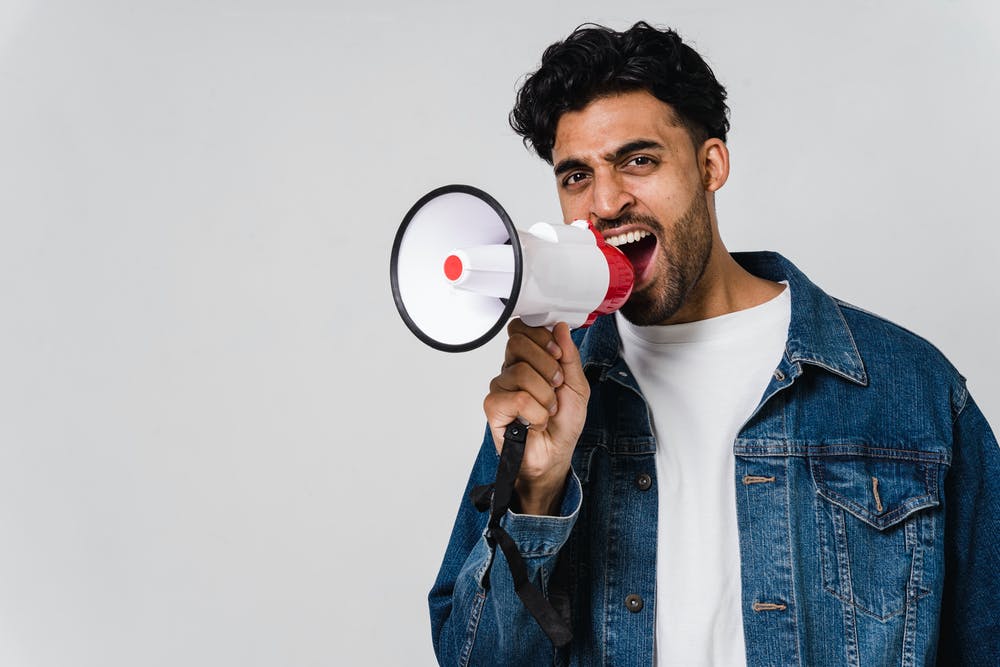Conversations can turn into arguments in the blink of an eye. In a social media plagued society, the level of closeness in relationships are often blurred due to the instant way we can “like” and “comment” on someone’s life and remain pseudo-connected.
Social media allows for disagreements to be amplified and plastered for anyone to see as folks enter into a virtual arena ready to fight and defend their stance to the bitter end. Couples often do the same when they are making efforts to communicate. But can real conversations happen in a space that doesn’t give room for healthy dialogue and true understanding? Many times, couples come into therapy like it’s the same social media arena: guarded and hopeful that someone will agree with them and finally tell their partner how wrong they are for loading the dishwasher the way they do.
In comes, Active Empathetic Listening!
Empathetic listening is a structured active listening and questioning technique that allows you to develop and enhance relationships with a stronger understanding of what is being said. It is a guaranteed way of listening without getting defensive.
Now the question is how? How do you actively listen without getting defensive…?
Start by thinking long term: Impulsively responding may make you feel good in the moment but if you play the long game and think through the benefits you’ll be able to avoid being on defense in the conversation. Ask yourself: Will this be beneficial to the issue and long-term goals? Will the other person feel heard, respected, validated, or violated with my impulsive response? Will we be better off with my response?
Pause and take a break before responding: Slow it all down and give your thoughts a chance to process. Try writing it down to make sure that you’re not acting on impulse. You may even need to take a break if the conversation is becoming too much to handle. A pause and break are proactive ways to calm yourself before continuing with the conversation. (Important note: Give the break a time limit and stick to it)*
Use “I” Statements: Using “I” statements keeps the focus on personal feelings instead of the accusatory nature that “you” statements provide. Focusing on explaining what you need and what your emotions are in the moment makes for a better way of communicating.
Ask: Ask questions for deeper understanding; make sure you are asking for clarification if needed. Check in to see that everyone is operating from the same point of understanding and not from assumptions. The goal is to understand better and feel heard!
Active Empathetic Listening is an amazing technique that can help couples learn how to “listen to listen” instead of listening to get the last word in, and if mastered it truly can be operated in any space or relationship where perspectives demand to be heard and validated.
Sabrina Roc, MS, LGMFT provides couple, family, and individual therapy virtually to clients located in the state of Maryland. Call or email today to set up your first appointment or a complimentary consultation with Sabrina!

